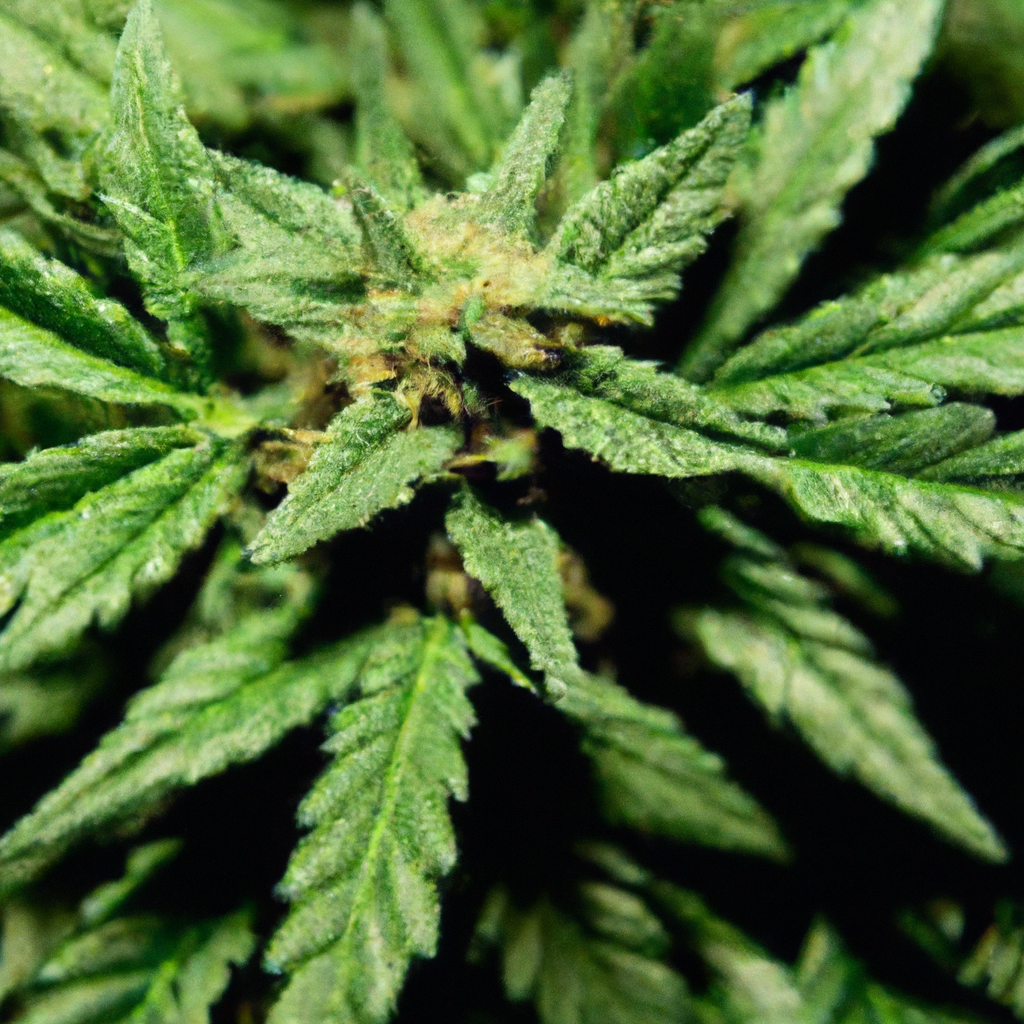Your cart is currently empty!
Embracing organic methods in cannabis cultivation not only benefits the environment but also enhances the quality and safety of the end product. By harnessing the power of natural fertilizers, compost, and sustainable practices, growers can create a harmonious ecosystem for their cannabis plants, free of synthetic chemicals and harmful additives.
Building a Robust Soil Ecosystem
Healthy soil is the foundation of successful organic cannabis cultivation. A thriving soil ecosystem supports plant growth by providing essential nutrients and housing beneficial microbes.
- Compost Enrichment: Integrate rich compost into the soil to enhance nutrient levels and support beneficial microorganisms. Homemade compost from kitchen scraps and garden waste can be an excellent addition.
- Companion Planting: Utilize plants that naturally repel pests and provide additional nutrients to the soil, like clover and marigolds, to promote a balanced ecosystem.
- Crop Rotation: Regularly rotate cannabis crops with other plants to prevent nutrient depletion and reduce soil-borne diseases.
Using Natural Fertilizers
Natural fertilizers provide essential nutrients without the environmental drawbacks of synthetic options. Here are some organic fertilizers you can consider:
- Fish Emulsion: A nutrient-rich liquid fertilizer made from fish remains. It’s high in nitrogen and promotes vigorous plant growth.
- Kelp Meal: Derived from seaweed, kelp meal is an excellent source of trace minerals and growth hormones.
- Bone Meal: High in phosphorus, this fertilizer is ideal for flowering plants, supporting strong root development and blooming.
Eco-Friendly Pest Control
Organic cannabis cultivation also involves maintaining pest control strategies that do not harm the environment or your plants. Here are some sustainable approaches:
- Beneficial Insects: Introduce ladybugs or predatory mites that naturally control common cannabis pests like aphids and spider mites.
- Neem Oil: An organic oil that acts as both a fungicide and insecticide, neem oil is safe for plants and the broader ecosystem.
- Diatomaceous Earth: Spread this natural powder around plants to deter crawling insects without using harmful chemicals.
The Benefits of Organic Cannabis
Choosing organic cultivation methods offers numerous advantages:
- Environmental Impact: Organic practices reduce pollution and preserve local wildlife, promoting biodiversity in growing areas.
- Consumer Health: Organic cannabis is free from toxic pesticides and synthetic fertilizers, offering a cleaner and safer product.
- Enhanced Terpene Profile: Many growers find that organic methods can lead to improved aroma and flavor in cannabis due to a rich terpene profile.
Conclusion
By integrating organic practices into cannabis cultivation, growers contribute to a healthier planet while providing consumers with superior products. Emphasizing soil health, natural fertilization, and sustainable pest control can transform not only the quality of your cannabis but also its ecological footprint.
Adopt these organic strategies today to cultivate a greener, more sustainable cannabis future.
Tags: SustainablePractices, NaturalFertilizers, Compost, PestControl, SoilHealth
Discover more from Magic Clones
Subscribe to get the latest posts sent to your email.


Leave a Reply